Trees felled flouting rules
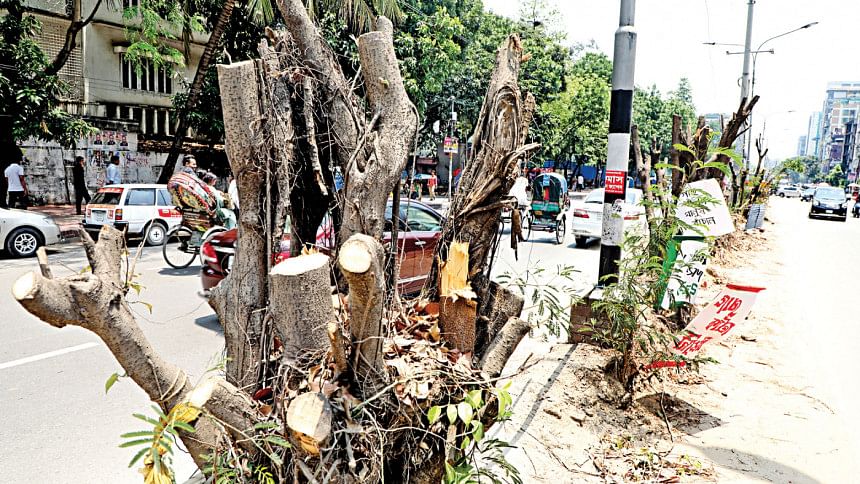
The lush greenery of Dhaka is slowly disappearing, and in some instances the perpetrator behind this devastation is none other than the Dhaka South City Corporation.
DSCC's tree-felling frenzy is not just environmentally disastrous it's also illegal under existing provisions, as the city authority has been cutting trees without obtaining the necessary permission from the Forest Department, according to the department sources.
The Forest Department can file a lawsuit against the city corporation for this infraction, confirmed inside sources there, but whether they will exercise their power is another matter entirely.
Meanwhile, environmentalists have said it's time to hold DSCC accountable for their reckless actions and protect the green lungs of the city before it's too late.
Trees are being cut in the name of infrastructural development and beautification works at Saat Masjid Road in Dhanmondi, despite the fact that permission must be obtained from the Divisional Forest Officer (DFO) under Section 5 of the Forest Product Transit Rules-2011.
Md Saidul Islam, the divisional forest officer of Dhaka Social Forestry, said he cannot recall whether the DSCC sought permission or not. "As per the rules, it is mandatory to seek permission from our department before cutting any trees," he added.
However, a Forest Department official, who wished to remain anonymous, said they never received any application from the city corporation for cutting the trees on Saat Masjid Road. The official also said the Forest Department could sue any individual or agency for violating the rule.
Dhaka has lost 56 percent of its green coverage over the last three decades, according to a study conducted by Jahangirnagar University's Department of Environmental Sciences last year. This is a cause for concern, particularly in light of recent record-high temperatures. The United Nations Environmental Programme (UNEP) recommends that a city must have 25 percent of green coverage out of its total area.
Syeda Rizwana Hasan, the chief executive of Bangladesh Environmental Lawyers Association (Bela), said, "In urban planning, it is not mandatory to put the divider in the middle of the road. They are doing it on the pretext of beautification or facilitating vehicular movement. However, it serves no such purpose."
"Public interest and people's expectations must be prioritised in projects that are implemented with public money," added Rizwana.
Prof Kamruzzaman Mojumder, the chairman of the Department of Environmental Sciences at Stamford University, warned of the huge impact of global warming on cities across the world. "If the authority partakes in activities that shrink a city's green coverage, the temperature will further go up, which will be too tough to cope with. Dhaka is susceptible to such conditions where life and nature will have to bear the brunt of the rising temperature following depletion of green space," he added.
Marina Nazneen, the zonal executive officer (zone-1) of DSCC, claimed that there was a risk of accidents, which is why the trees were felled.
"The median strip will now be expanded and strengthened. The trees that have been cut have little to do with the environment," she said.
When asked about acquiring the Forest Department's approval, she said, "This work does not require the permission of the Forest Department or the Department of Environment."
She did not elaborate further.


 For all latest news, follow The Daily Star's Google News channel.
For all latest news, follow The Daily Star's Google News channel. 

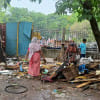

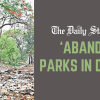
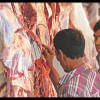
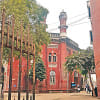


Comments